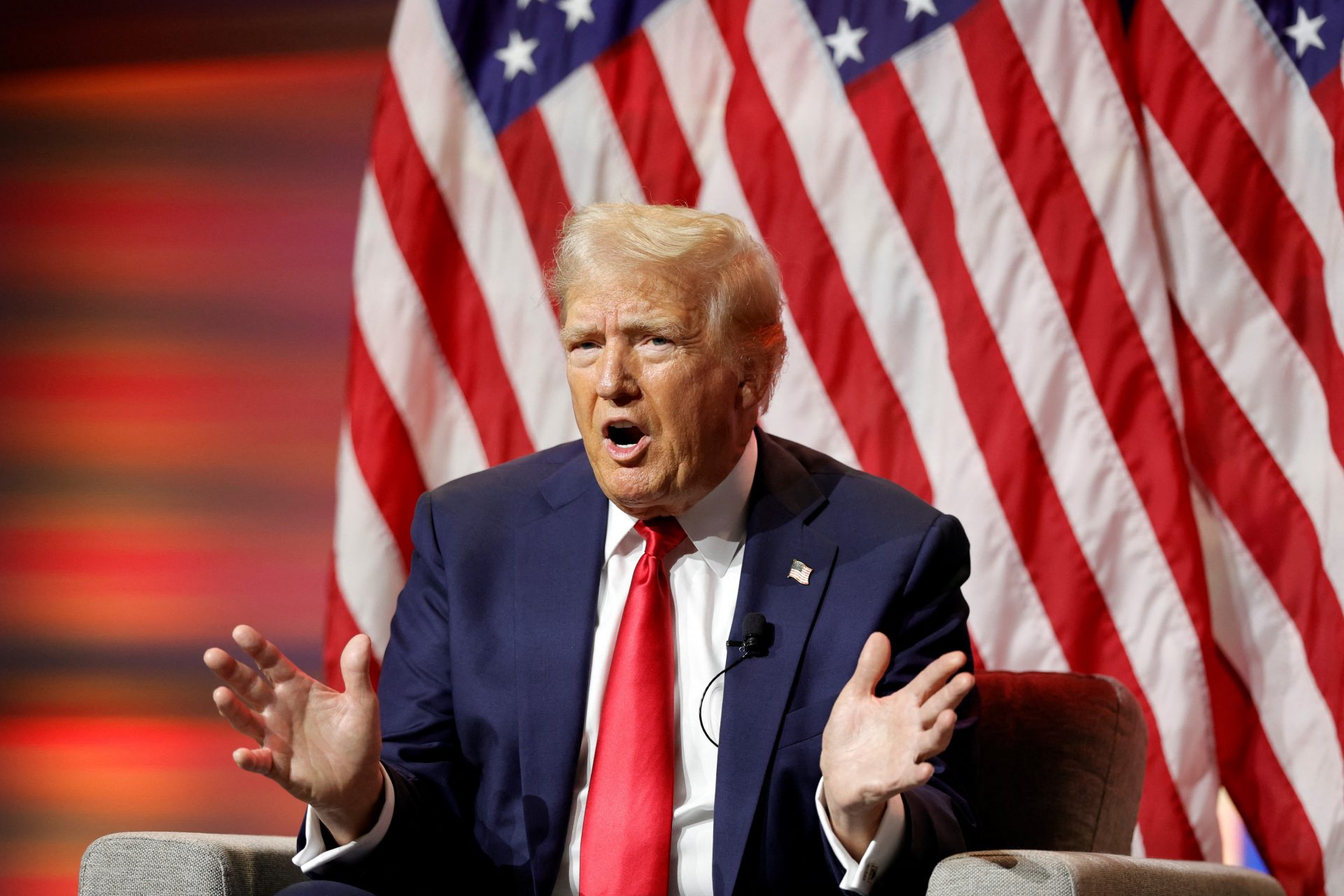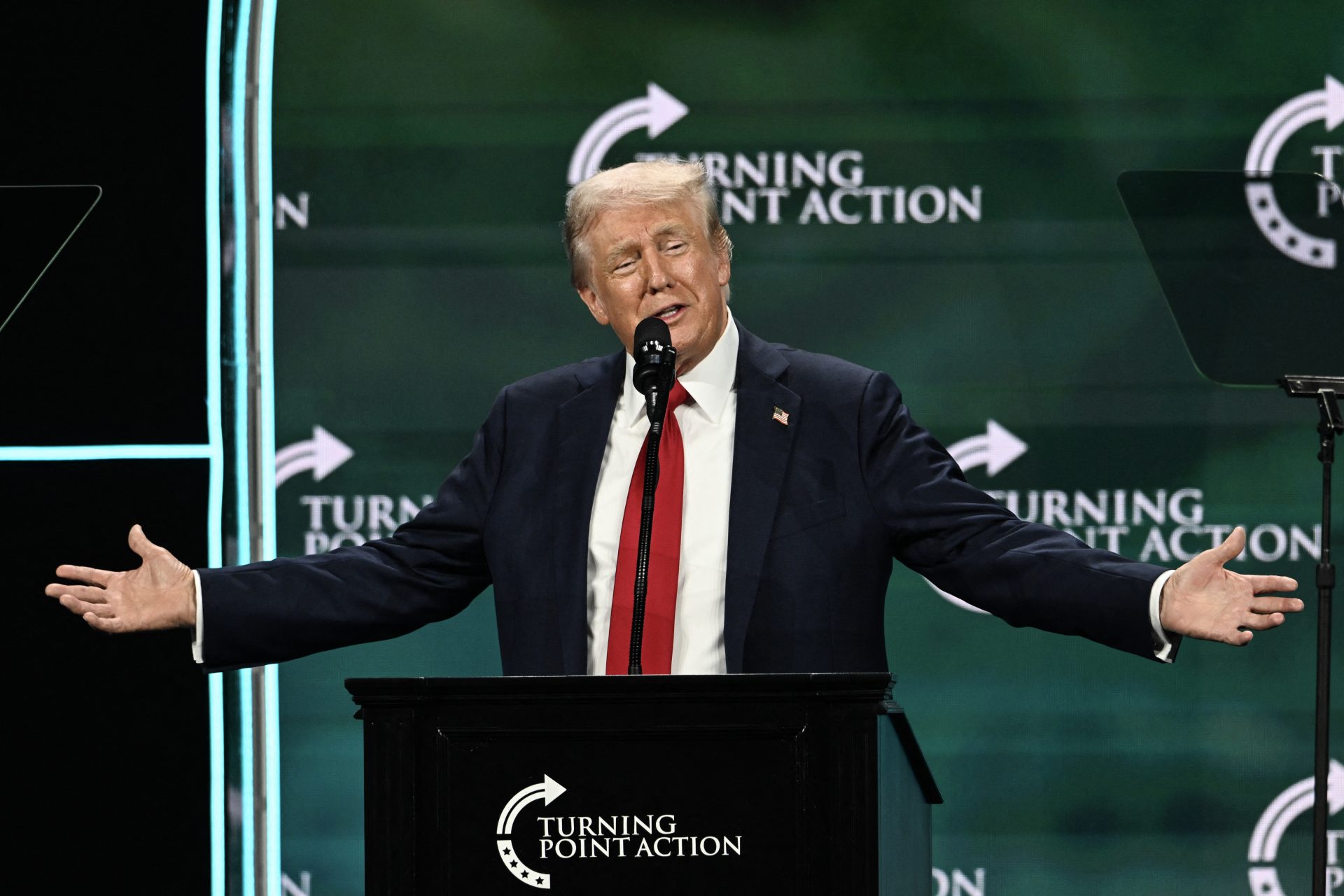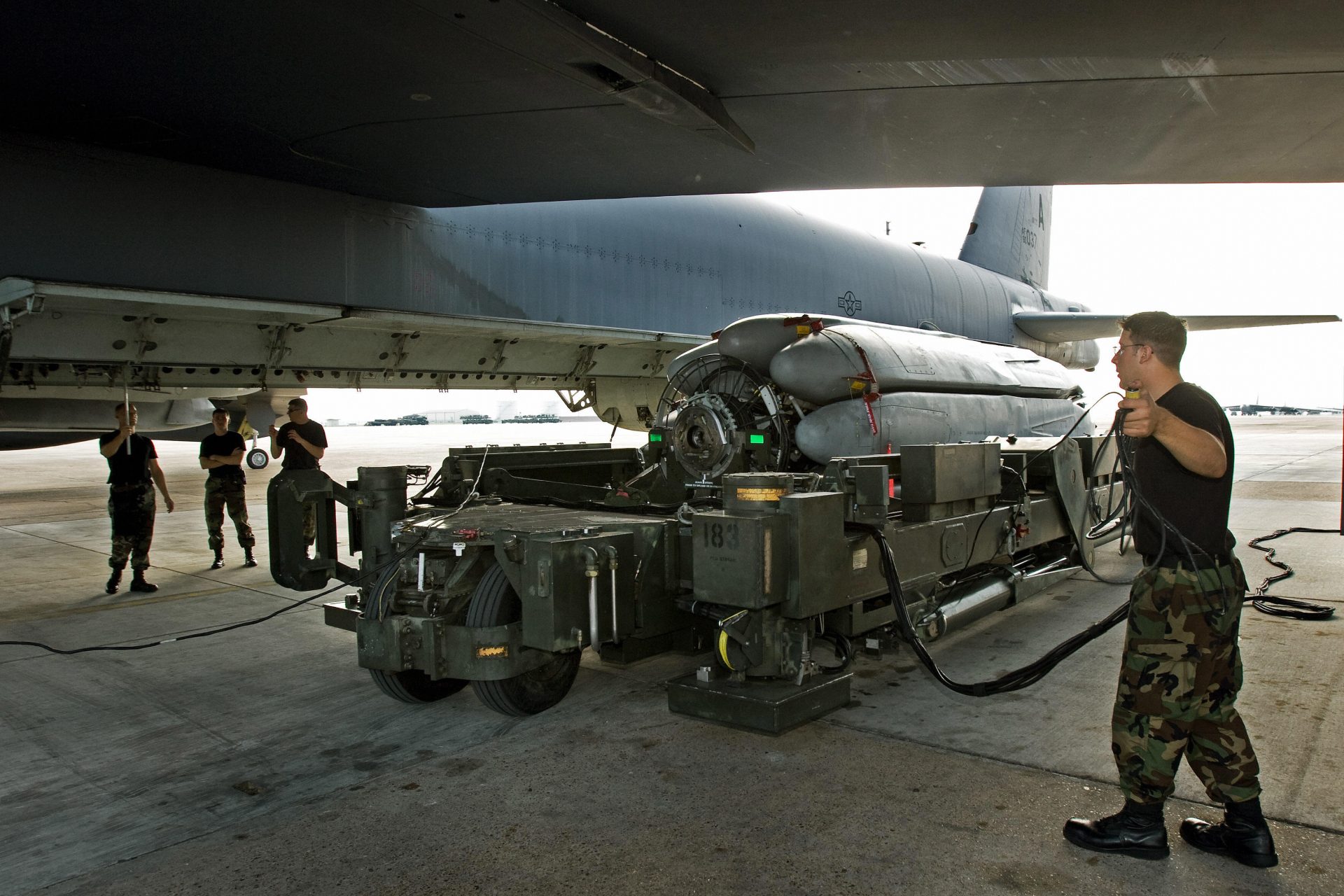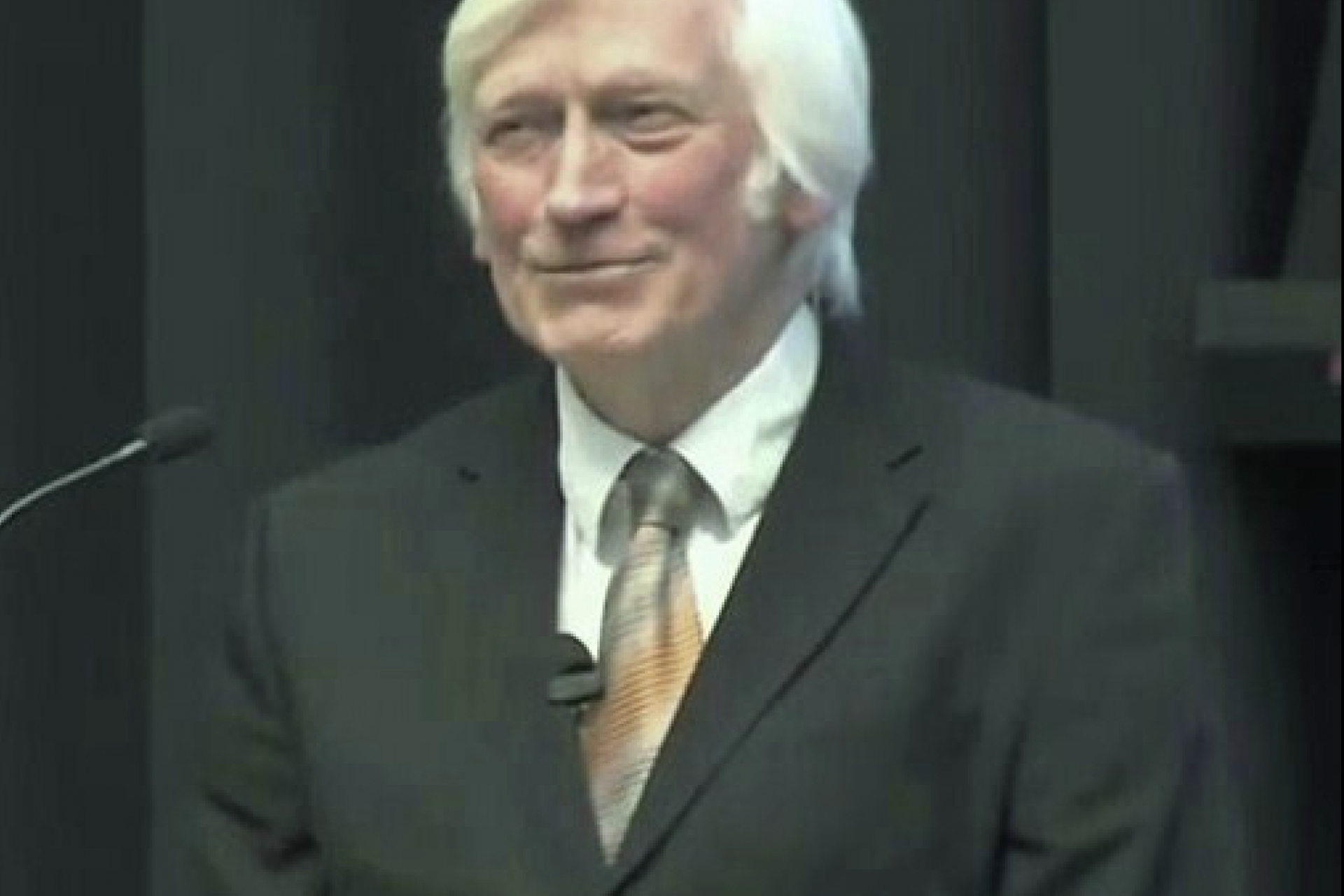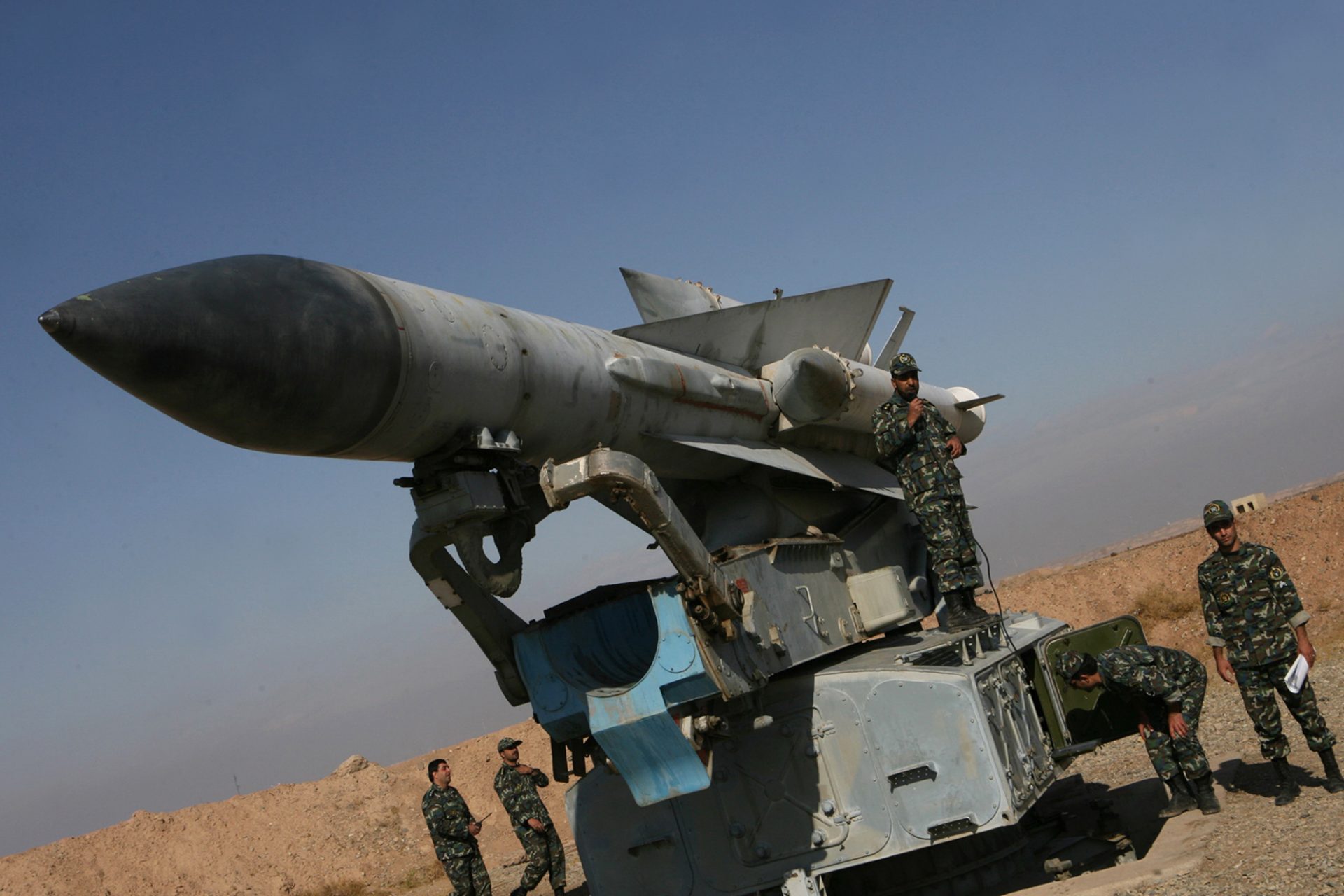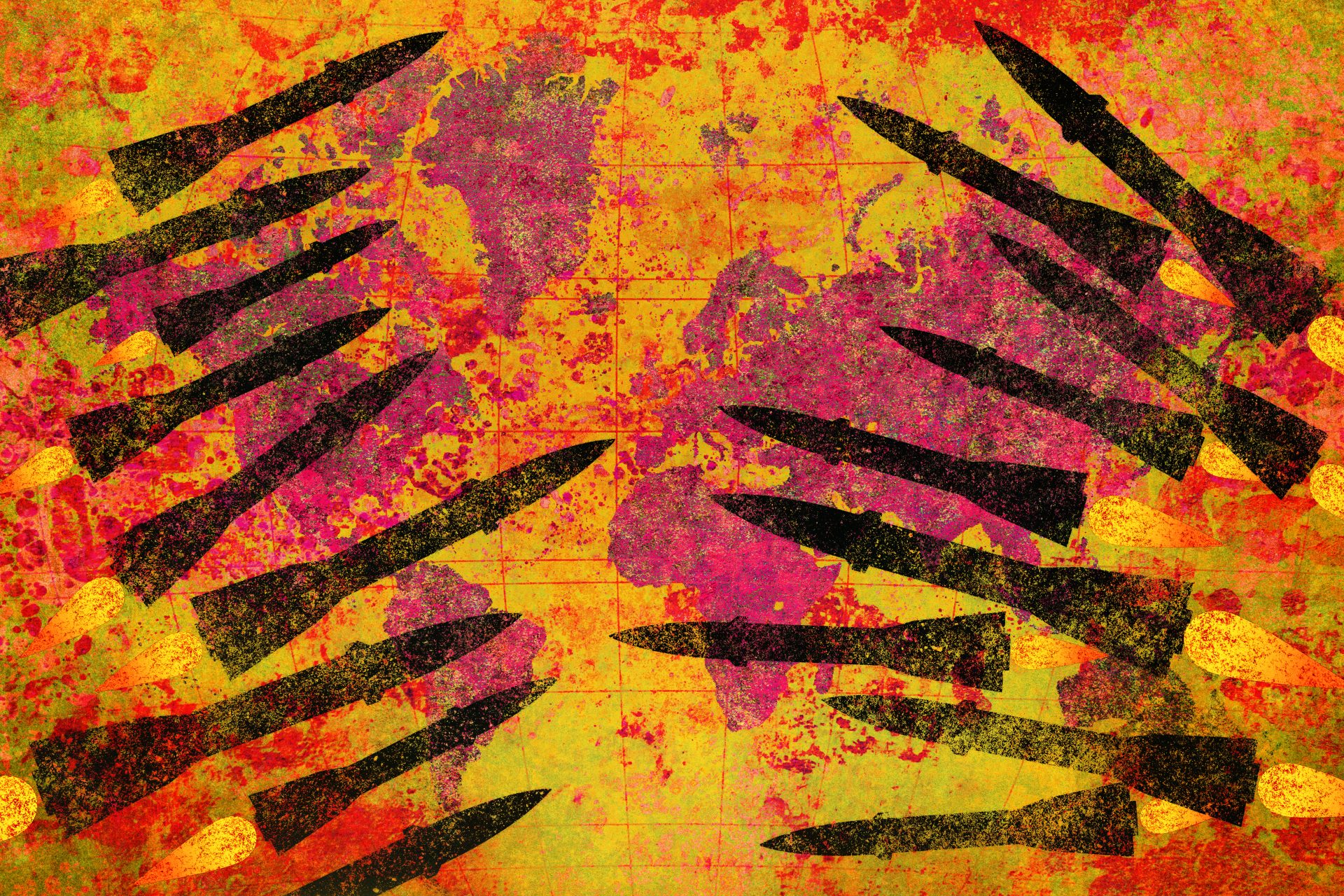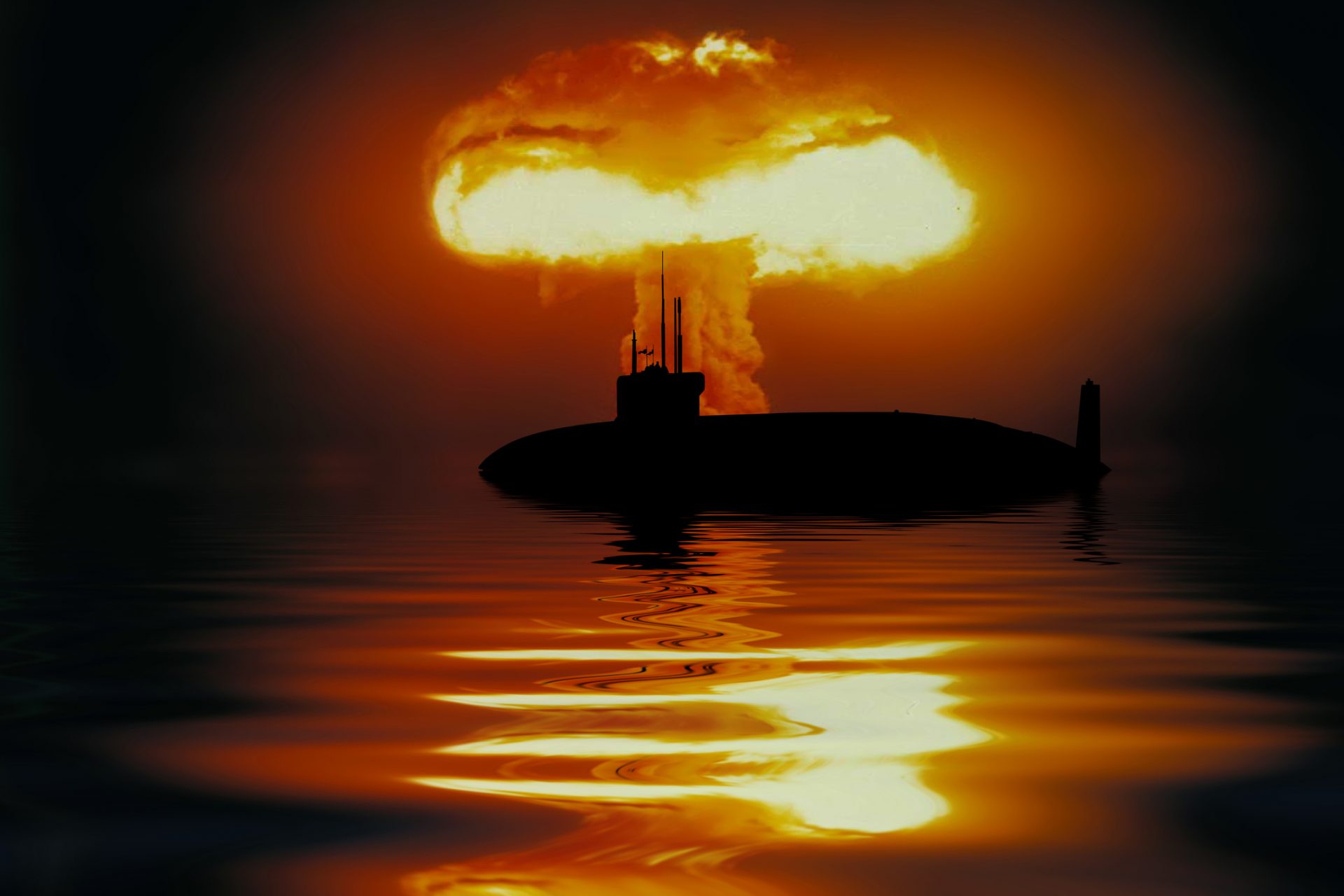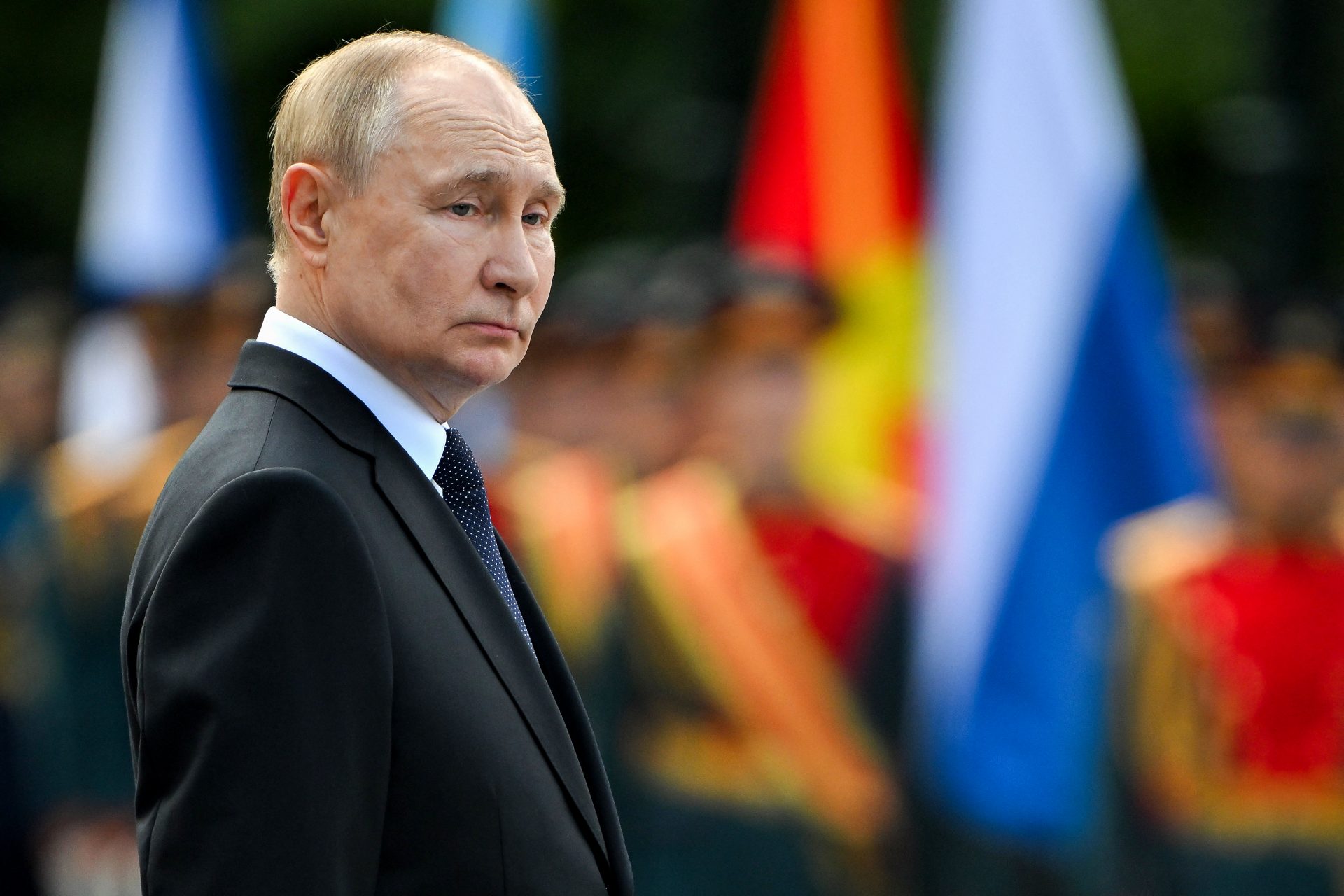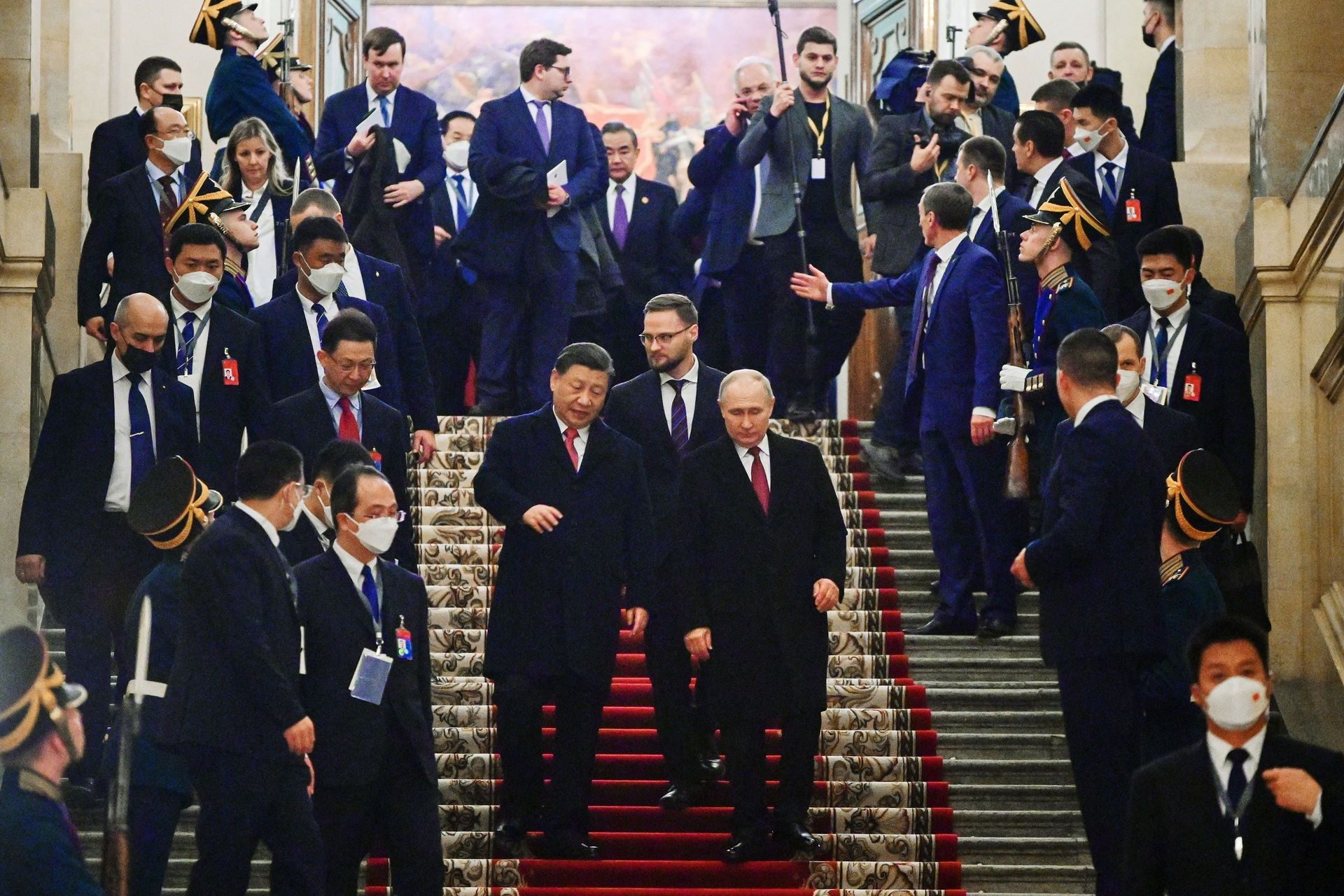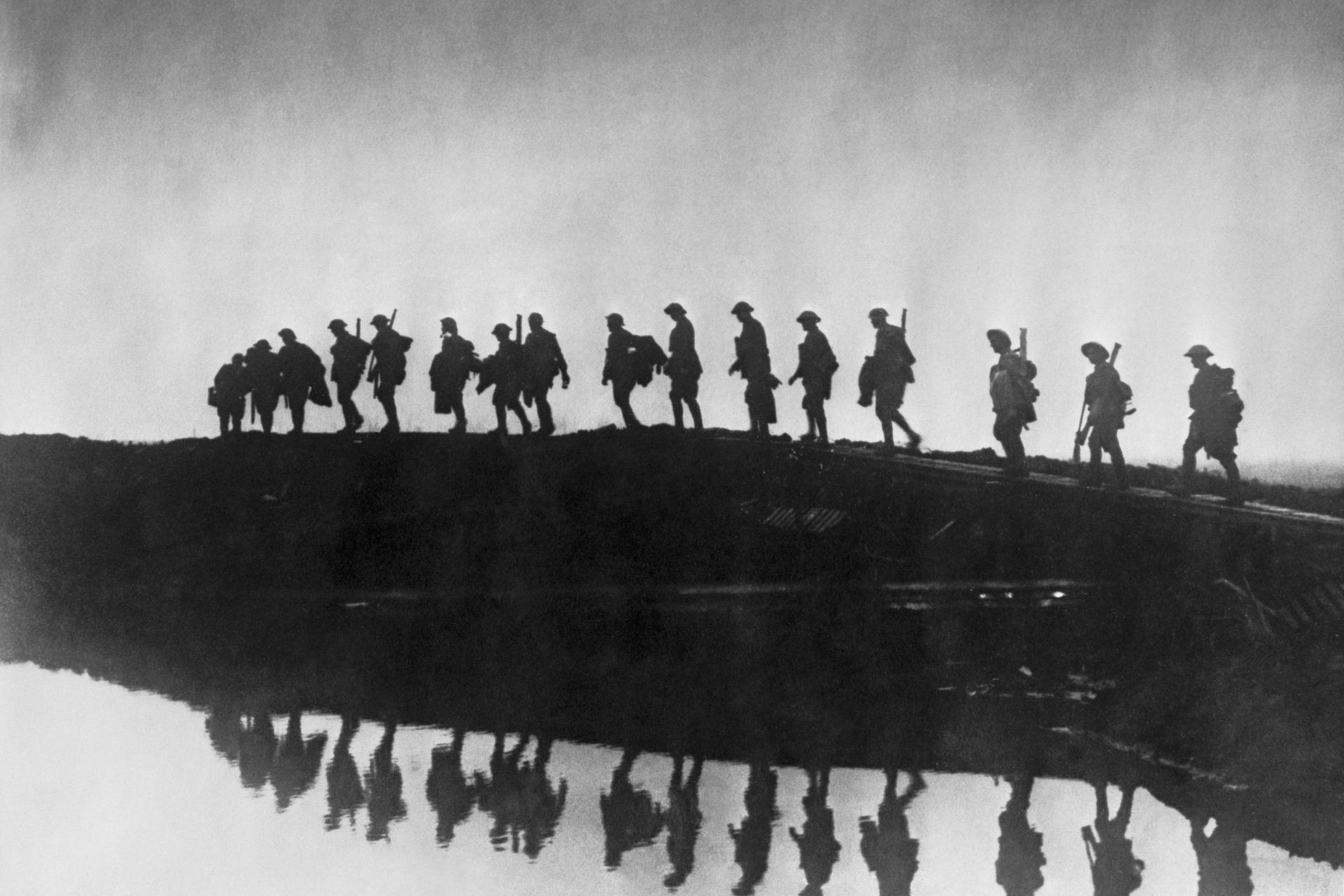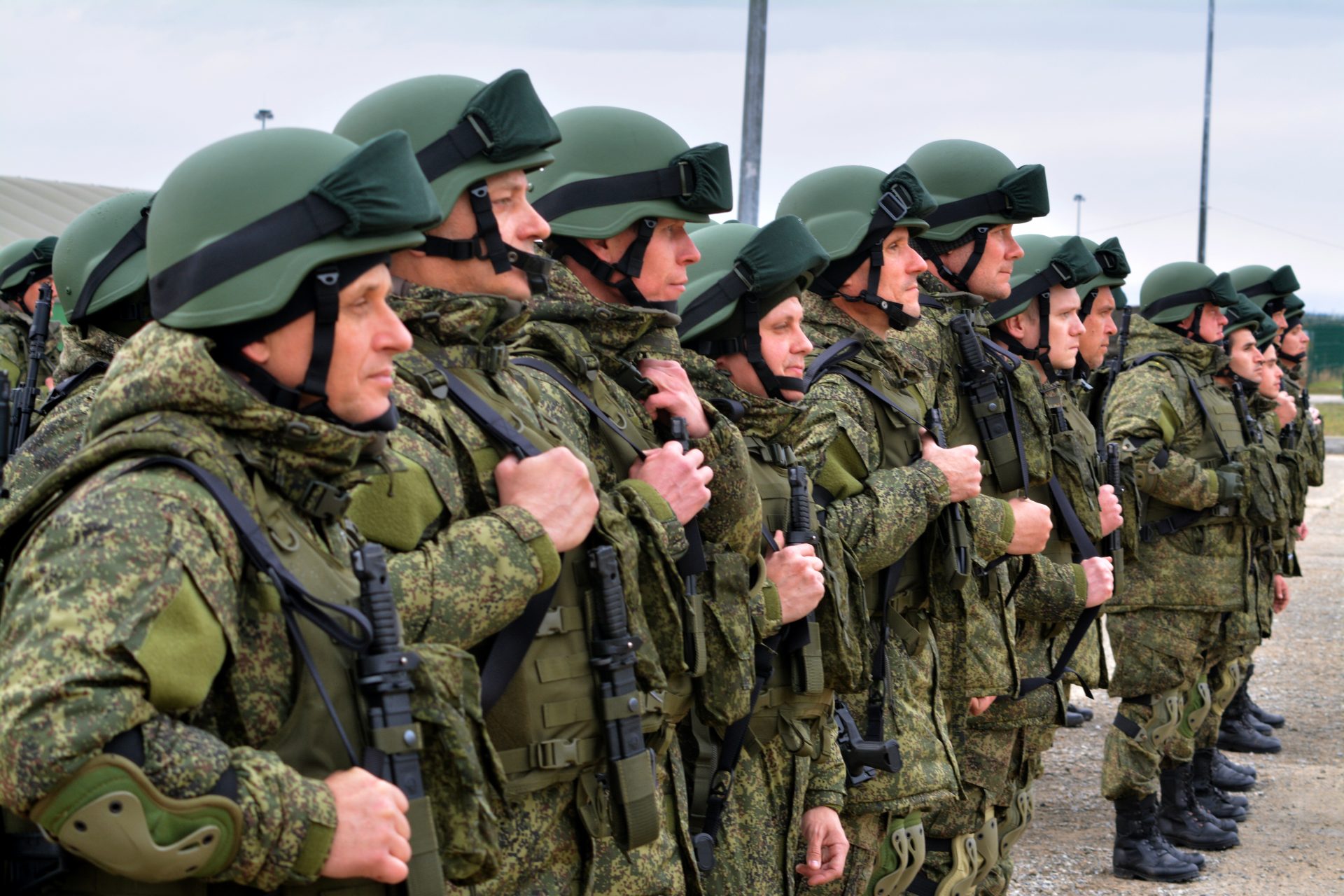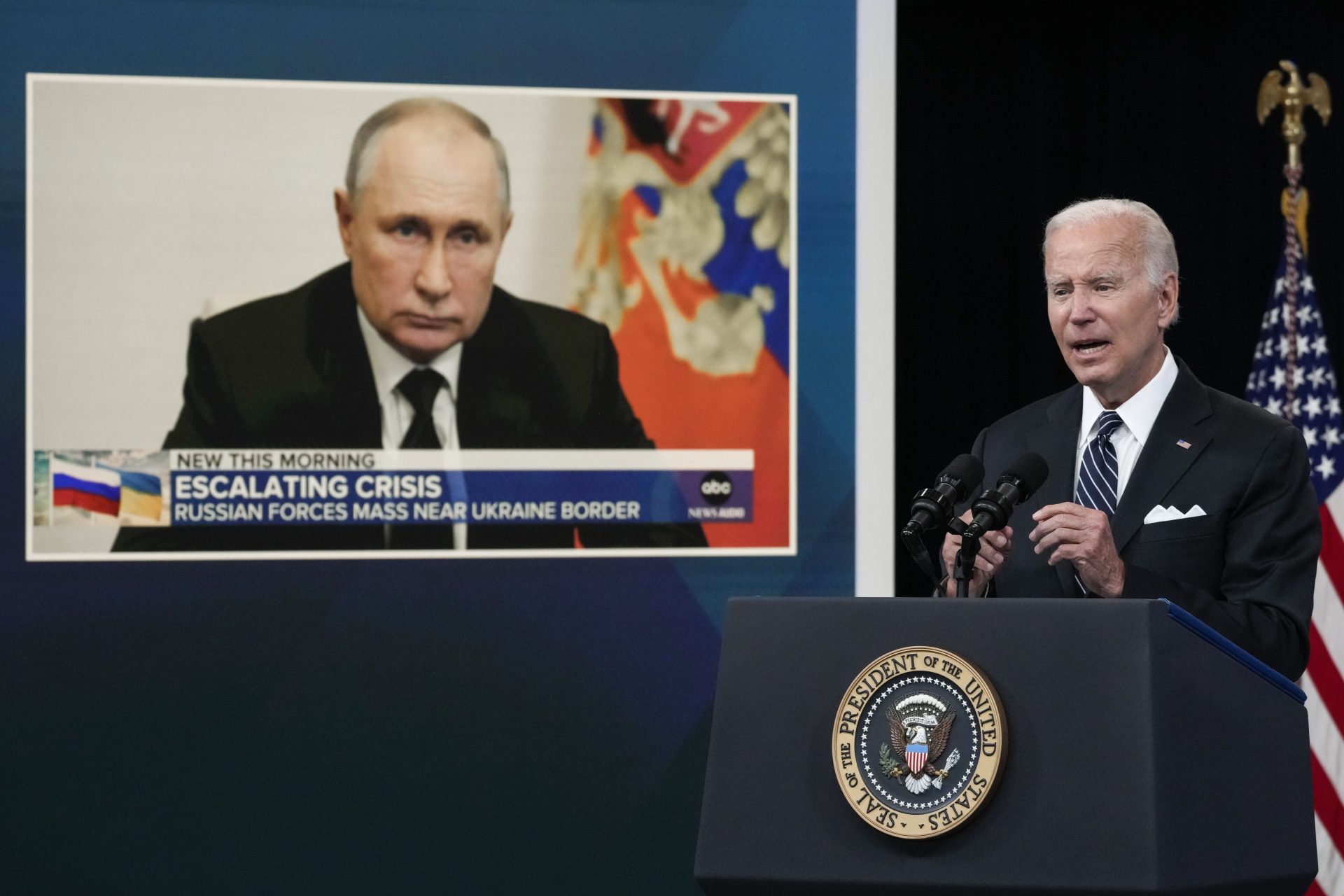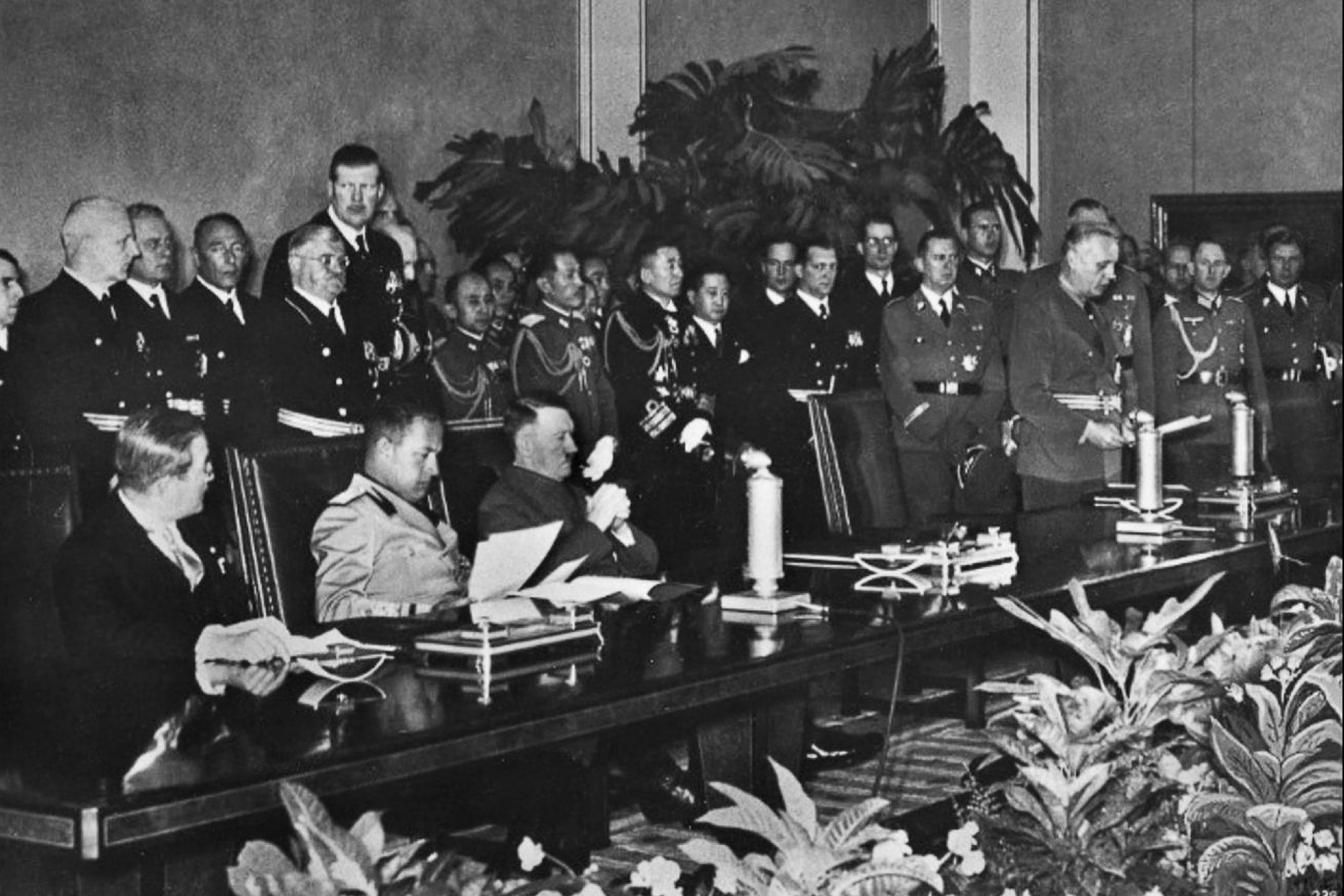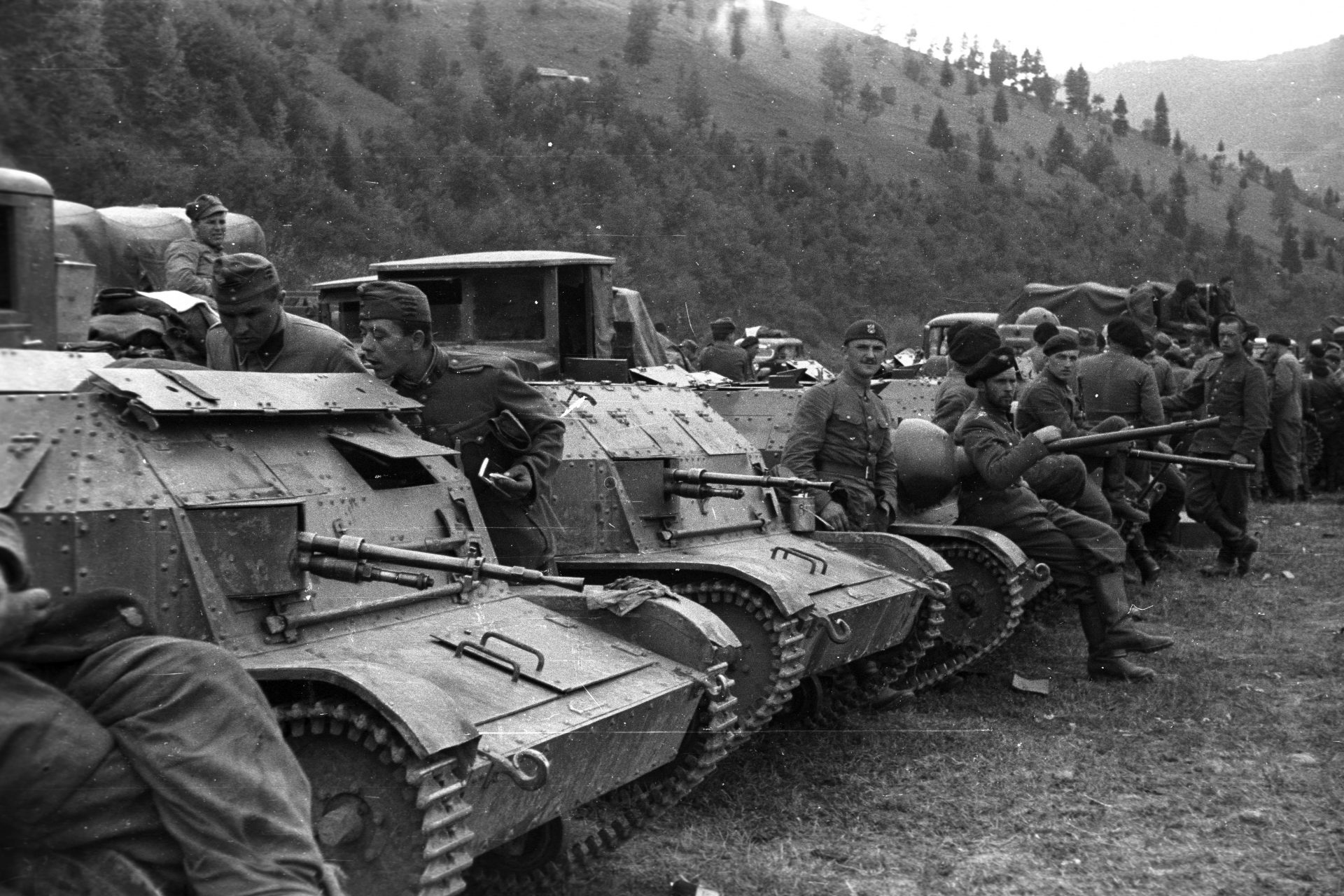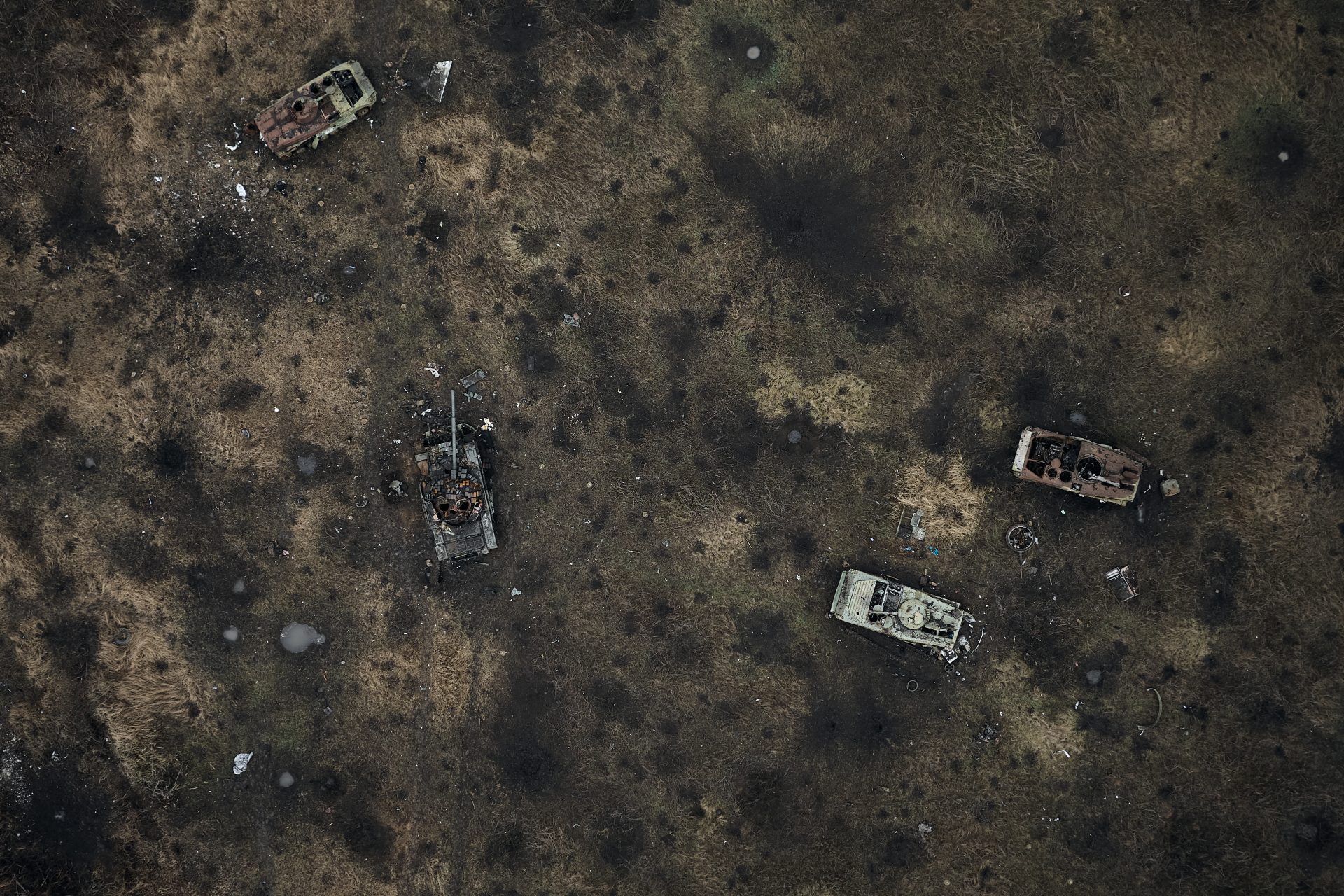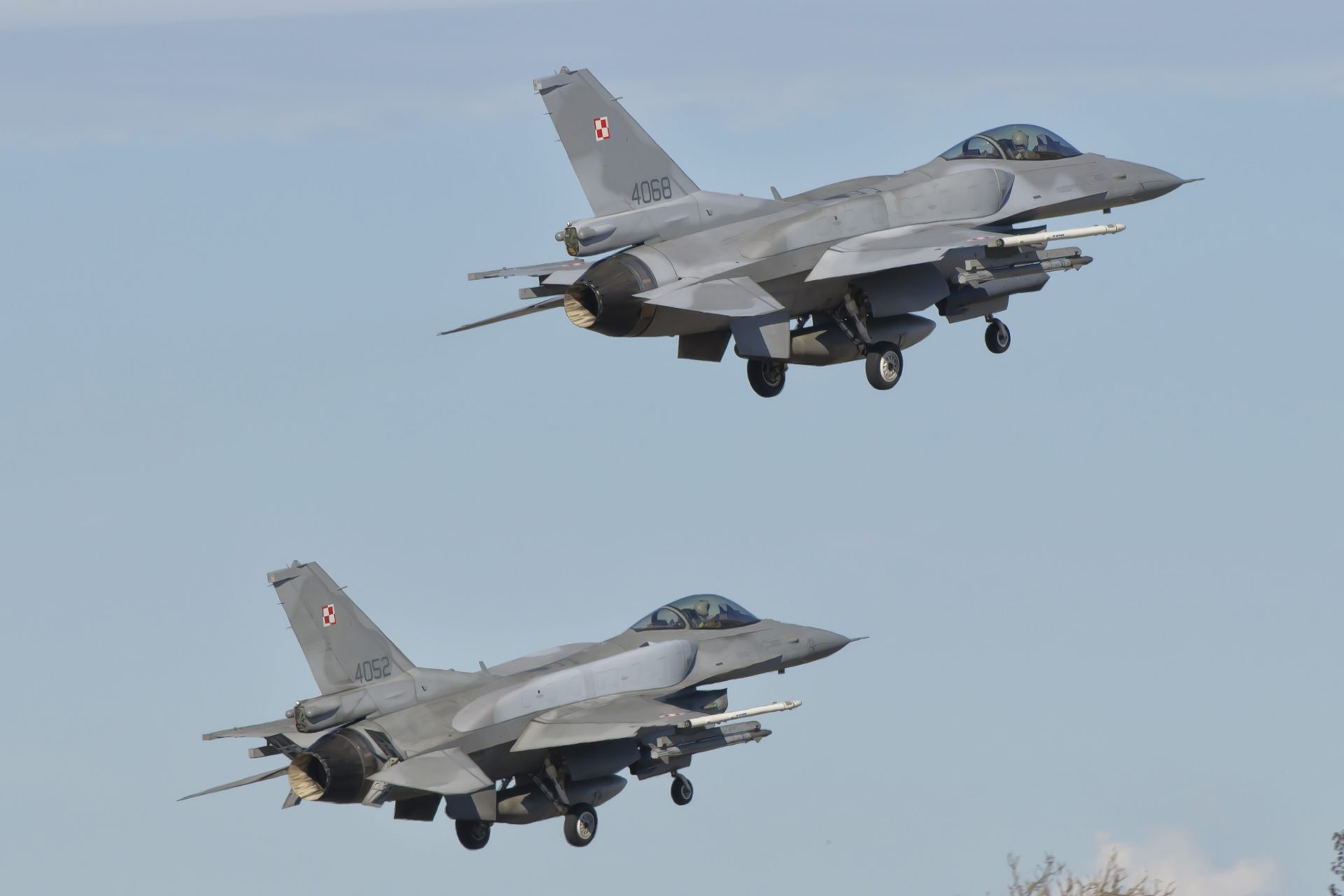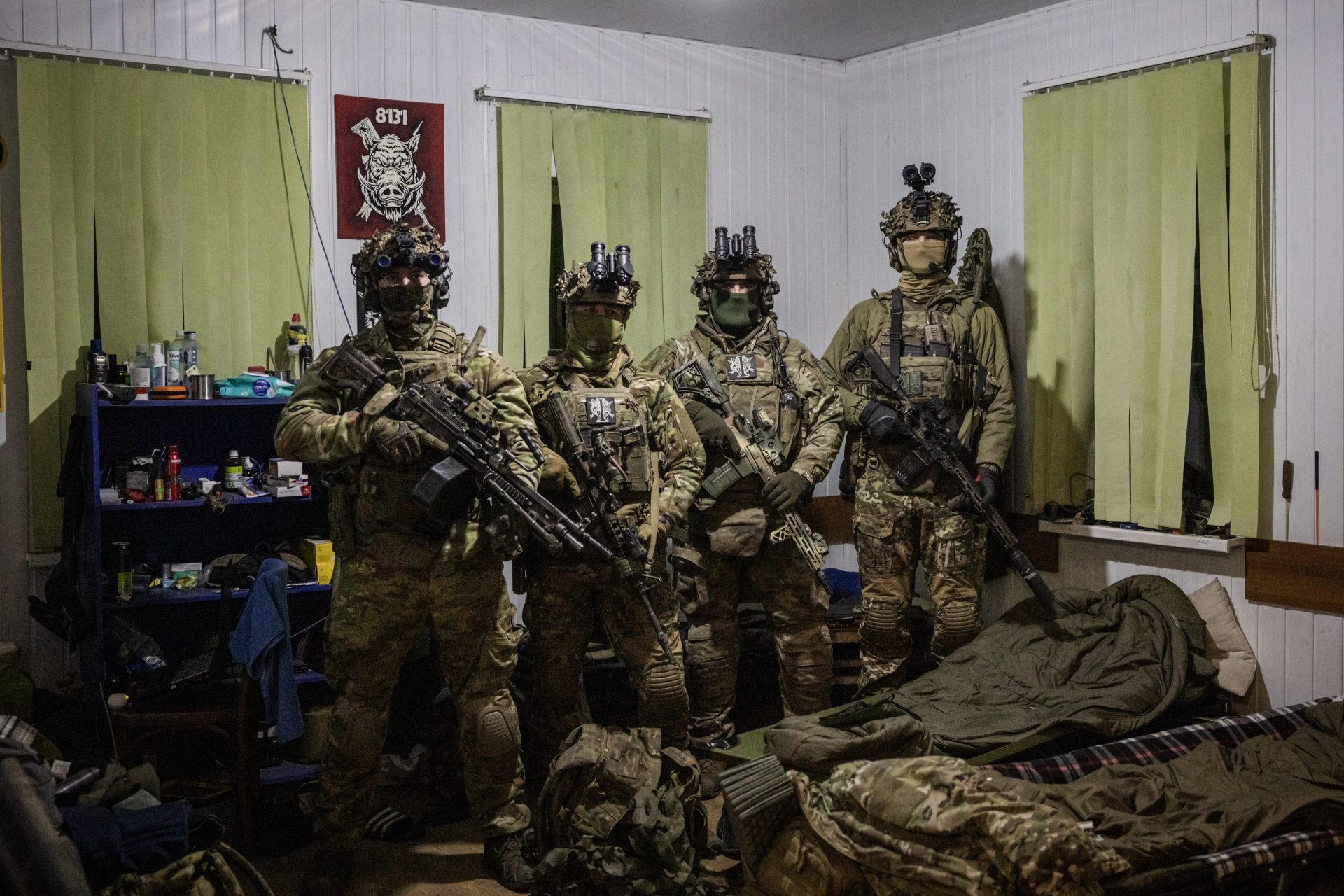Global Alert: Third World War deemed inevitable by experts
World War III: it is on everybody's mind and it is hardly surprising with the rise of global tensions. But how real is the threat? One expert believes it may have already started.
Donald Trump is one of the many individuals who believe the world is on the path to a new global conflict, but being the opportunistic political operator that he is, he has promised potential voters that he is the only person who can prevent a Third World War.
"I will prevent World War III, nobody else is going to say that, we are closer today to World War III than we've been since the Second World War. We will restore peace through strength, that's what we had," Trump said while speaking at the Turning Point Action Believers' Summit on July 26th according to Newsweek.
However, while the former U.S. president may think he is the only person who can prevent the next world war, one British historian believes that humanity is likely already too late to stop World War III and outlined his reasoning in a recent article for The Telegraph—detailing three different scenarios that could kick off the war.
Richard Overy has written a number of books on global conflict and World War II and he believes there are several flashpoints that could accidentally send humanity on the path to another global conflict rather easily.
Photo Credit: Wiki Commons By War Studies KCL, CC BY 3.0
One scenario Overy outlined was the development of a nuclear bomb by Iran. The U.S. could react to such a danger with the threat of military invasion similar to the Gulf War, a situation that Iran would not tolerate.
American troop movements into Iran would likely lead Russia and North Korea to signal their support for Iran. The United States could bring in allies, Russia could enter into the fight, and things could go downhill.
"A nuclear standoff would occur but the tense situation could end in disaster. The Third World War begins with an exchange of nuclear fire, and the rest, as they say, is history," Overy explained about scenario one.
Chinese frustrations over the status of Taiwan could lead to troop build-ups followed by invasion in a situation where the United States is distracted with its domestic affairs. In this situation, things escalate quickly.
The United States could choose to use a tactical nuclear weapon to save Taiwan and in turn, China could do the same. Russia and North Korea would side with China, but what would happen next? Would it be war?
Overy warned there could be no general strike but Moscow could warn Europe to stay out of the conflict. Either way, the United States would be in a situation similar to World War II—a two-front war in Europe and Asia.
The third scenario was a bit more concerning. Growing division between the authoritarian governments of the world and the West could foster a worrying situation in which states that oppose the West launch an attack of sorts.
Overy envisioned a possible scenario where Western satellite communication systems are attacked, and massive damage is done to the West's commercial and military sectors, but no one claims responsibility for the attack.
Western retaliation is difficult to mount, so in response governments in the West choose to begin mobilization—a situation that the authoritarian regimes of the world demand be stopped, which is reminiscent of World War I.
Overy argued that as in 1914, it would be difficult for countries to stop their mobilization, and so “the wheels, once set in motion, are hard to stop, and the crisis grows. Welcome to the First War War,” the British history wrote.
All three of the scenarios are possible according to Overy, though he added he does not believe they are probable. According to the British historian, who explained we should not be asking how the next global war will kick off, but rather why the world's powers war with each other at all.
The struggle for resources and power is what has driven humans to conflict countless times in the past. Oil drove Japan in the Second World War just as much as the desire to obtain slaves to sell drove the Romans.
Photo Credit: Wiki Commons By Heinrich Hoffmann: Official photograph, Public Domain
Adolf Hitler's drive for conquest can be explained by his desire for power just as power drove Alexander the Great, Napoleon Bonaparte, and Genghis Khan—and it was here that Overy believed the surety of future conflict could be sealed.
Whether it's a single person who pulls the world into war like Hitler did in 1939 when he ordered the invasion of Poland, or if it is a major power like China picking on a smaller power like Taiwan or Russia attacking Ukraine, these patterns are likely to repeat.
Photo Credit: Wiki Commons Berkó Pál, CC BY-SA 3.0
“The wars of the future draw on a grim heritage. The fact that peace would seem to be the rational option for most humans has never been able to stifle the urge to fight when it seems necessary, or lucrative, or an obligation,” Overy argued.
“While few would actively seek the Third World War, few envisaged or wanted the other two. The sad reality is that our understanding of why wars occur has so far contributed little to setting warfare aside as an enduring element in human affairs,” Overy added.
More for you
Top Stories




